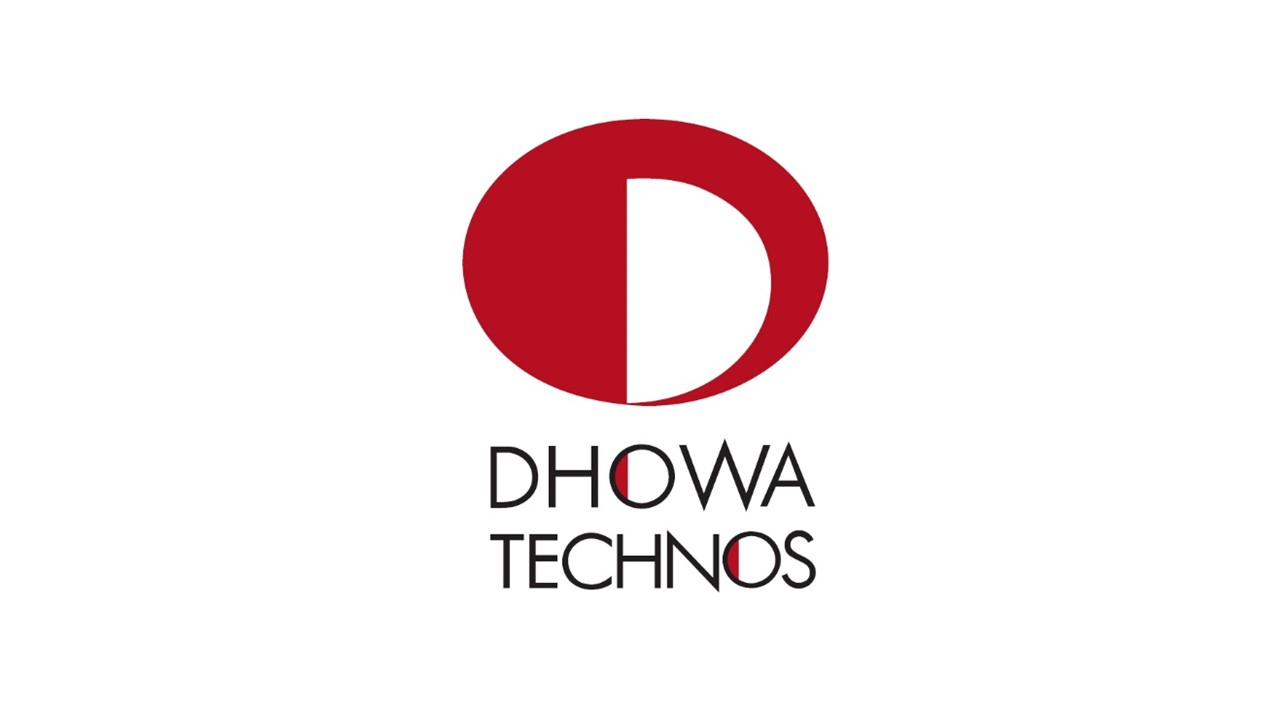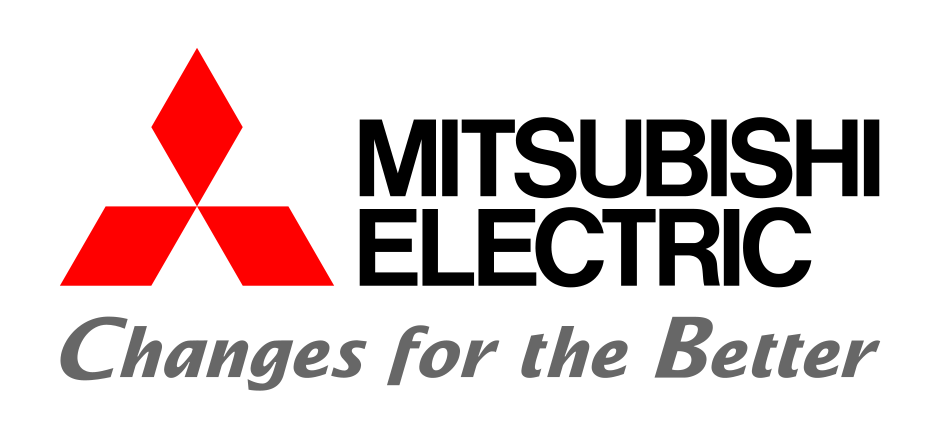The URL for the symposium will be sent via email after September 27th.
The Robot Revolution & Industrial IoT International Symposium 2021
~ Manufacturing as the foundation of all industries ~
We are happy to inform you that we will hold “Robot Revolution & Industrial IoT International Symposium 2021” entitled “Manufacturing as the foundation of all industries”.
The impact Corona has had on the world is still ongoing. The movement of people as well as goods is severely restricted, and changes are occurring at the national level in the supply chain and other areas. There may be new impacts that are not visible now. On the other hand, the international community is becoming more aware of reducing the environmental burden. These are changes that are closely related to manufacturing.
Under these circumstances, how are the key people in the world grasping the current situation and thinking about measures for the future? At this symposium, (1) we will capture the paradigm shift as a continuation theme of last year, (2) human resources development for manufacturing engineering from corporate management to the field, (3) data linkage and data quality and (4) report on Japan-Germany collaboration.
The above-mentioned social issues require efforts from various industries, but it is the manufacturing industry that supports them, and with that in mind, the subtitle is “Manufacturing as the foundation of all industries.” We look forward to your participation.
URL for Live streaming(YouTube)
[Day 1]https://youtu.be/T0NQWST4Hjo
[Day 2]https://youtu.be/6Hyp0QlBomY
[Day 3]https://youtu.be/P6xGfoOelp0
[Day 4]https://youtu.be/xT_rpo2-JKM
* Day 4 (4) IIOT Value Chain Security – the Application of Trustworthiness Profile. Ms. Aliza Maftun’s presentation can be viewed at the following link.
Sponsorship
Robot Revolution & Industrial IoT Initiative
Co-sponsorship
Japan: Ministry of Economy, Trade and Industry
Germany: Federal Ministry for Economic Affairs and Energy (Day 4: Japan-Germany Expert Forum)
Support (Alphabetical order)
Gold sponsor
|
|
|
Silver sponsor
|
|
|
|
Endorsement (Alphabetical order)
Program
■October 4, 2021
[Day 1] Global Leaders Dialog: Paradigm shift in manufacturing business
(1) 19:00 – 19:05 Opening Remark
Mr. Michitaka Nakatomi(Management Secretary, Robot Revolution & Industrial IoT Initiative)

(2) 19:05 – 19:20 Two New Lessons and Directions for Smart Manufacturing in the United States
Prof. Dr. Mark Johnson(Director of the Clemson Center for Advanced Manufacturing Clemson University /Former Director, Advanced Manufacturing Office, US Department of Energy)

Smart Manufacturing (Industry 4.0) has emerged to offer improvement in productivity, quality, safety and cost in manufacturing. Over the past twelve (12) months, the importance of Smart Manufacturing has been highlighted by two societal challenges: (a) the acute importance of supply chains to deliver the goods to maintain modern society as highlighted by issues during Covid-19, and (b) the need for cost-effective approaches to decarbonize manufacturing to address the continually increasing negative impacts on society of climate change. In both cases, Smart Manufacturing is an essential technology to meet important societal challenges. Industry 4.0 is rapidly becoming Society 5.0 and consideration of impact of these manufacturing technologies on the whole of society rises in importance. Over the past year, organizations across the United States have been responding to these challenges, highlighting the essential role of Smart Manufacturing in our shared future.
(3) 19:20 – 19:35 Co-Creating a digital and circular economy
Prof. Dr. Henning Kagermann(Chair of the acatech Board of Trustees, former acatech President Global Representative & Advisor to the Plattform Industrie 4.0)
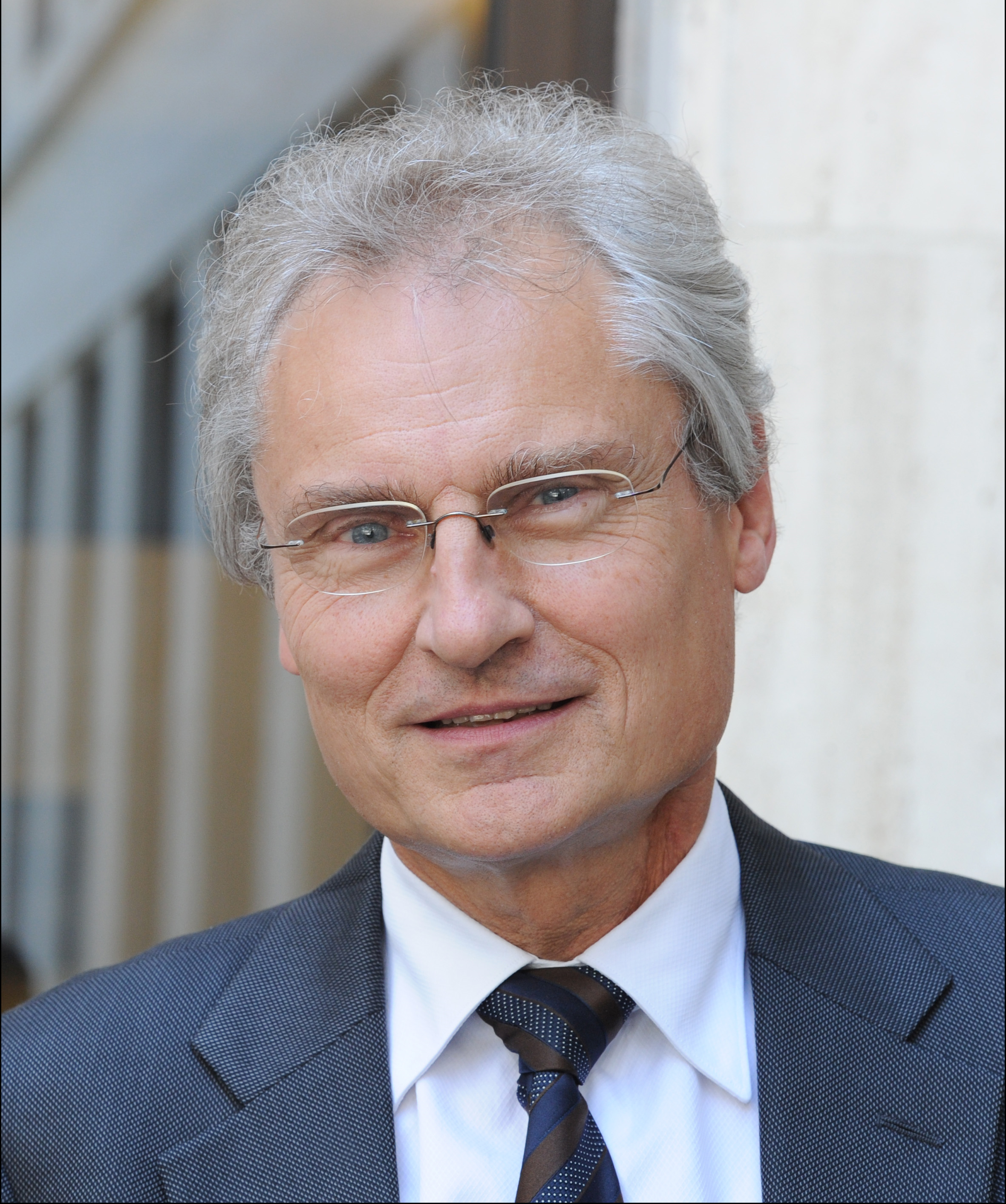
The pandemic has tested the resilience of enterprises and sensitive ecosystems worldwide. Accelerating the digital transformation and taking a holistic systems-view will decouple economic growth from resource consumption in a circular economy. Secure exchange of information with guaranteed data sovereignty and frictionless multilateral collaboration in global ecosystems will create significant value in a digital economy. The paradigm shift towards decentral, fully interoperable but still self-determining entities will continue and deliver diversification and resilience. Trust-based collaboration is key for prosperous digital ecosystems. A culture of trust in the motivation of employees and their self-management skills is key for the new ways of hybrid and mobile working in digital enterprises.
(4) 19:35 – 19:50 Architectural Design for the Realization of Society 5.0 – Transformational design using digital technology –
Prof. Dr. Seiko Shirasaka(Professor of Graduate School of System Design and Management (SDM), Keio University)
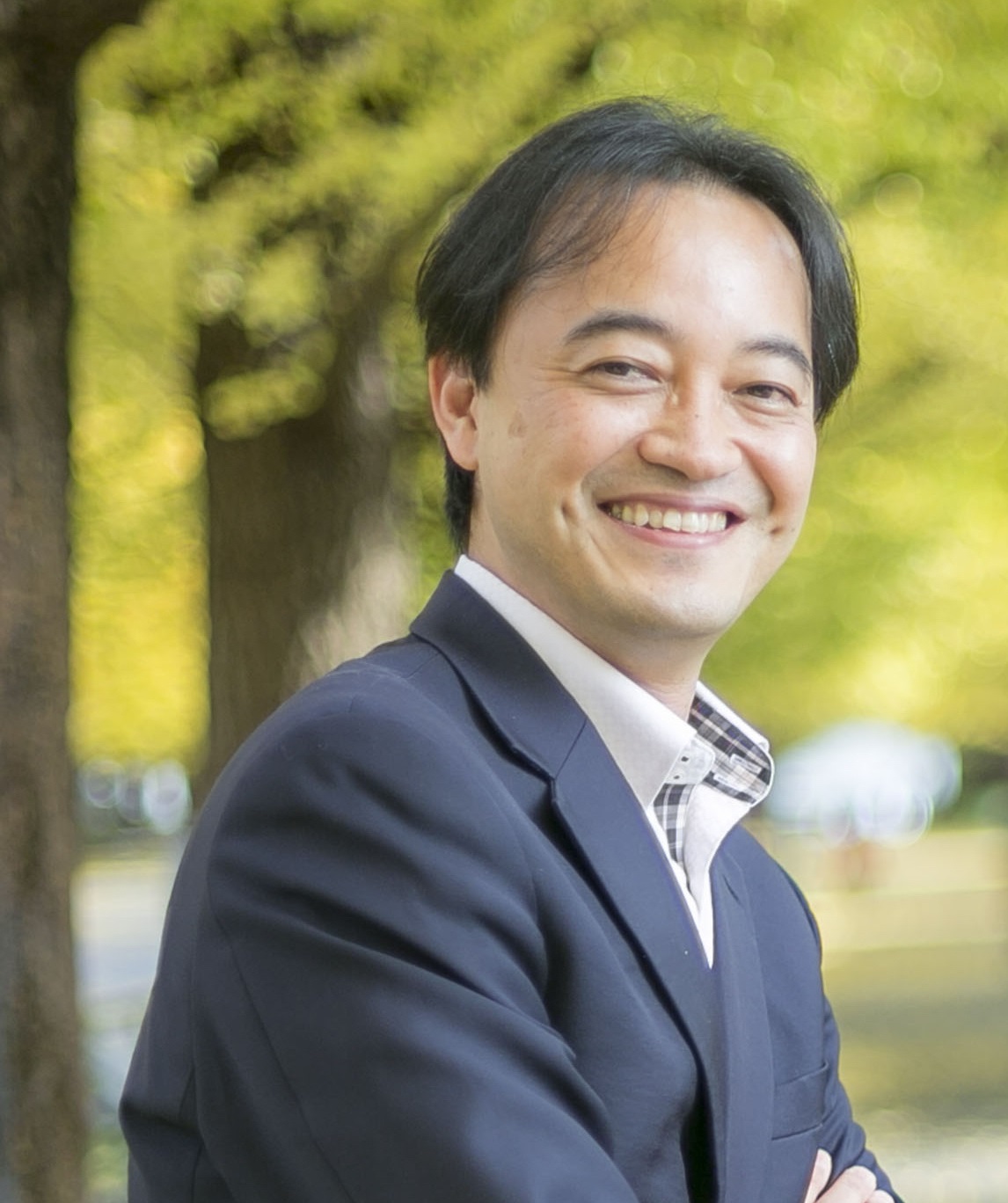
In order to realize Society 5.0, it is necessary to transform society and industry using digital technology. This means not only changing the current way of doing things to digital, but also transforming the social and industrial structure to realize new values by using digital technology. In this presentation, I will describe the approach being taken in Japan to design social and industrial structures from a bird’s eye view. Furthermore, I will introduce the key points and human resources needed to promote this activity with examples.。
(5) 19:50 – 20:05 Past Efforts and Future of Hitachi Omika Works, recognized as an Advanced Factory “Lighthouse” by World Economy Forum
Dr. Naohiko Irie(Senior Strategist, Control System Platform Division, Service and Platform Business Unit, Hitachi Ltd.)
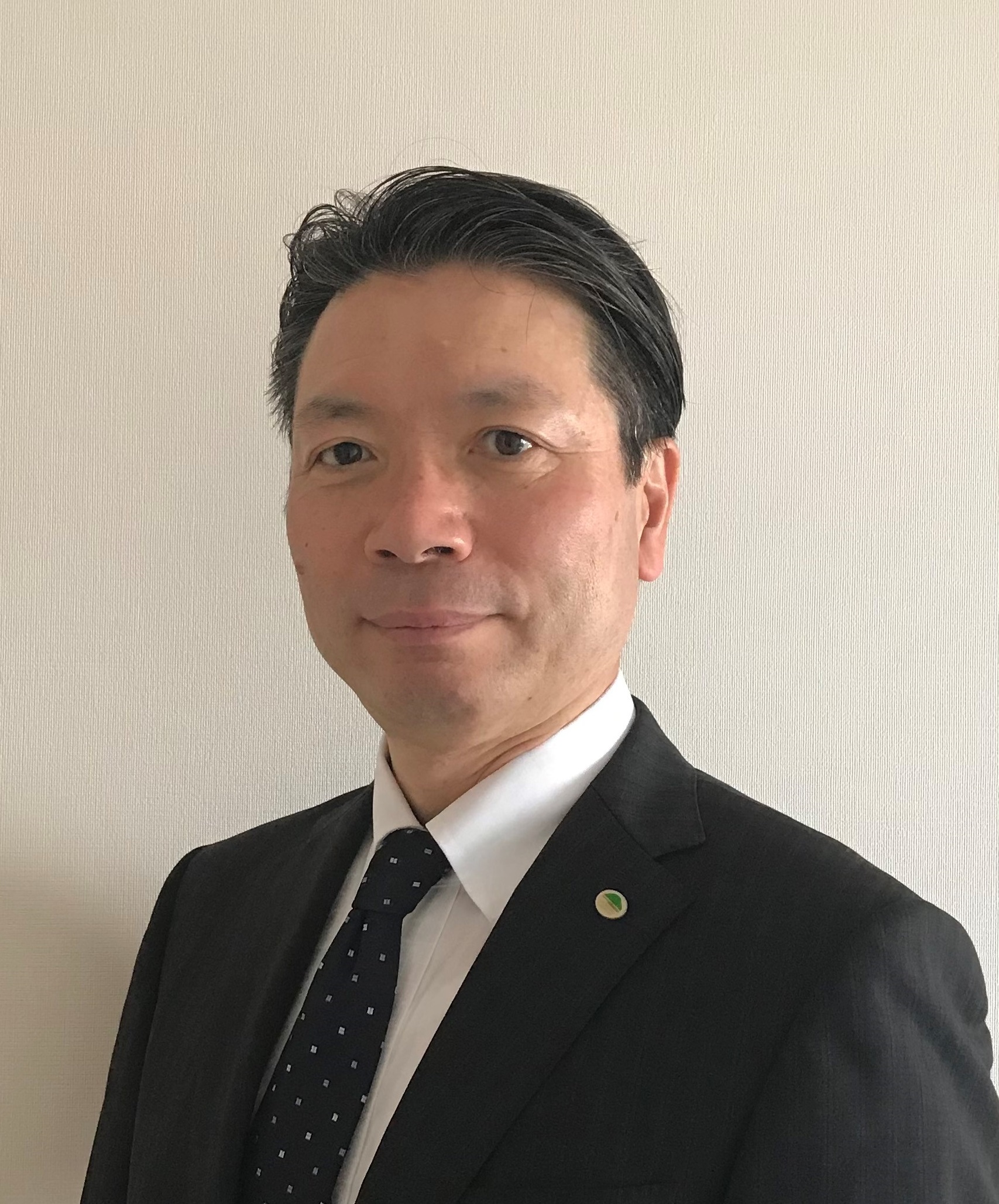
Hitachi Omika Works was recognized as “Lighthouse” , which is an advanced plant in the world leading 4th industrial revolution by the World Economic Forum (WEF). It has more than 50 years history as a “Total System Factory” that has supported social infrastructure such as energy, railways, water and so on, and it has been implementing production improvement utilizing IoT for past 20 years. In this presentation, various efforts for production improvement in Omika Works are introduced. In recent years, VUCA (Volatility, Uncertainty, Complexity, Ambiguity) are increasing rapidly and gives much impact on operation in Omika Works. Next direction of digital transformation and system architecture focusing on total value chain around the factory in VUCA era will be also presented.
(6) 20:05 – 21:05 Panel Discussion
【Moderator】 Mr. Shuhei Sugie(Strategy Innovation Group , FUTURE CORPORATION)
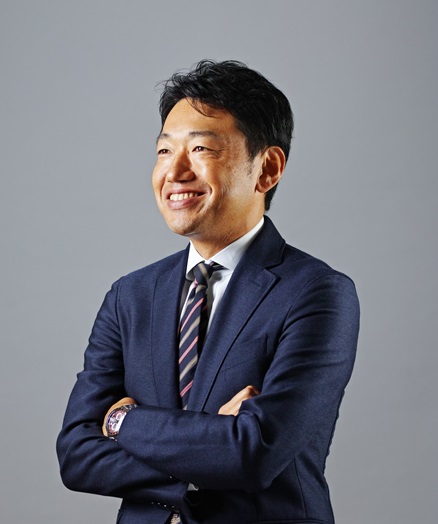
【Panelist】 Prof. Dr. Mark Johnson, Prof. Dr. Henning Kagermann, Mr. Naohiko Irie
■October 13, 2021
[Day 2] Manufacturing Innovation Practice and Workforce Development
(1) 19:00 – 19:05 Opening Remark
Mr. Kazuo Nakashima(General Manager, Industrial IoT, RRI)
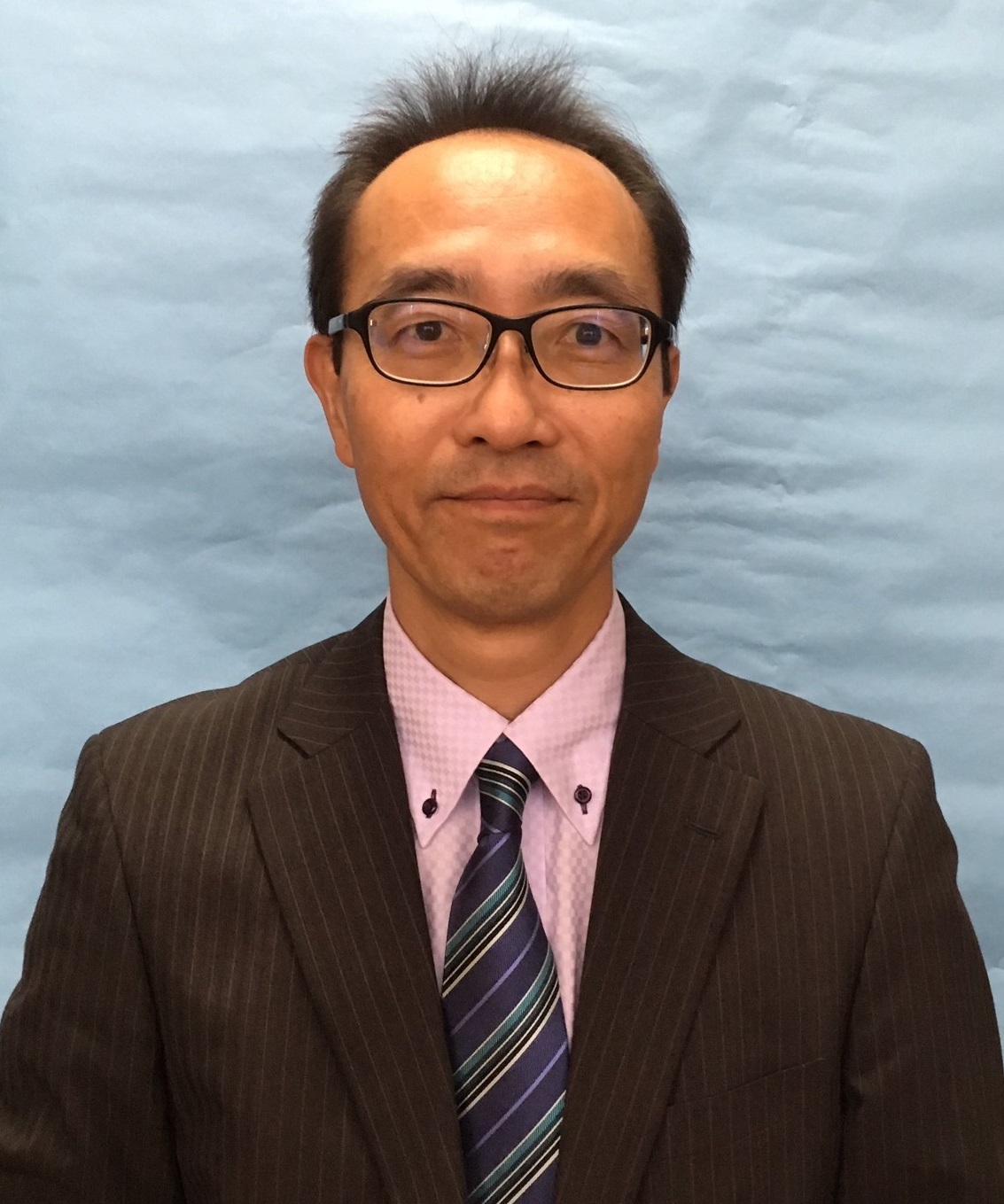
(2) 19:05 – 19:20 Introduction to CESMII – The US National Smart Manufacturing Institute
Mr. John Dyck(CESMII:Clean Energy Smart Manufacturing Innovation Institute, CEO)

The Clean Energy Smart Manufacturing Innovation Institute (CESMII) is a not-for-profit, public-private partnership with sponsorship from the US Department of Energy. CESMII’s mission is to revolutionize manufacturing through the use of digital processes and innovations to improve energy efficiency and US industrial competitiveness. CESMII members include leading US manufacturers across a wide range of industries as well as university and government laboratory research partners. CESMII sponsors technology demonstrations and test-beds that support the development of novel smart manufacturing processes and cross-operational software. CESMII also promotes the development of education and workforce development programs in order to grow the community.
(3) 19:20 – 19:35 Engineering Education in Japan ~Examples and Future of Robot Education~
Prof. Dr. Tomomasa Sato(Professor Emeritus, The University of Tokyo)
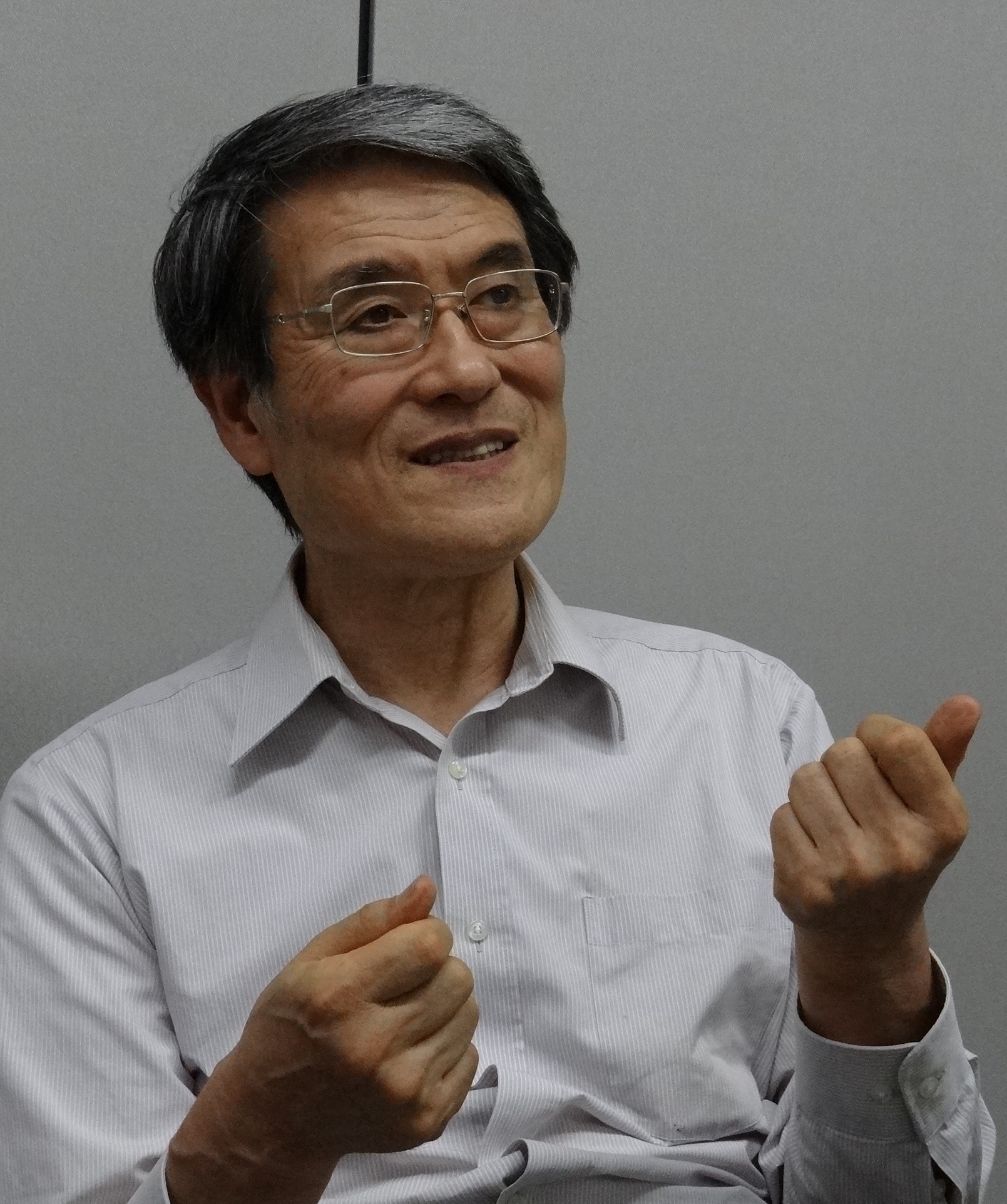
My talk stars from pointing out that 1) our society requires “Science and technology innovation human resources”. Then, 2) the “STIM(Science and Technology Innovation Matrix)” will be presented to describe “Social Implementation processes to change our society by means of science and technology. Finally, 3) concrete examples of such learning of “Social Implementation” in Japan will be introduced as follows; a) Social implementation education through robot contests at technical colleges, b) The discipline education of machine informatics course of the University. c) Robot SIer (System Integrator) training course for re-current education.
(4) 19:35 – 19:50 Inferential Modeling to Reduce Energy Waste
Mr. Joseph Sanguinetti(General Mills, Inc., Technical Leader)

It can be laborious and expensive for manufacturers to determine when and where unexpected or unknown energy losses occur. These energy losses can be largely invisible and go unnoticed for long periods. Inferential modeling identifies wasted energy consumptions without the need for expensive energy meters installed throughout the facility. Data modeling and analytics combined with real-time manufacturing data allow for energy consumption visuals and insights to drive lower manufacturing costs by reduced energy waste. Leveraging our connected worker platform we empower our employees to take action when an anomaly in production occurs.
(5) 19:50 – 20:05 Reality of DX Human Resources at SMEs – Current WFD Challenges and Ambition for the Future –
Mr. Hirokazu Ono(Dhowa Technos, CEO)
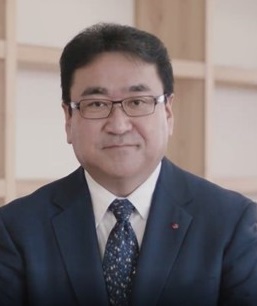
At the manufacturing site of SMEs in Japan, the traditional “sensory expression” “learning by watching” type of technology inheritance and technical guidance are still being one of the major approaches. Human resource development required for DX at the manufacturing site is not an extension of such conventional approach. Building up a new scheme that can develop DX human resources and providing opportunities for those human resources to play an active role at the company are indispensable for promoting DX.
In addition, diversification of the way of thinking and values of each person is accelerating. SMEs need to address the issue of “how to motivate” those human resources on top of how to train human resources. Against such backdrop, development of DX human resources in upcoming future goes beyond the capabilities of a single SME on its own. We are currently exploring the possibility of the DX human resources development through corporation between SMEs or/and collaboration between companies and local communities (administrative / educational institutions).
(6) 20:05 – 21:05 Panel Discussion
【Moderator】 Mr. Kazuo Nakashima
【Panelist】 Mr. John Dyck, Prof. Dr. Tomomasa Sato, Mr. Joseph Sanguinetti, Mr. Hirokazu Ono
■October 14, 2021
[Day 3] Data exchange and Data quality
(1) 17:00 – 17:05 Opening Remark
Mr. Kei Fujinami(Senior Consultant, Nomura Research Institute, Ltd.)
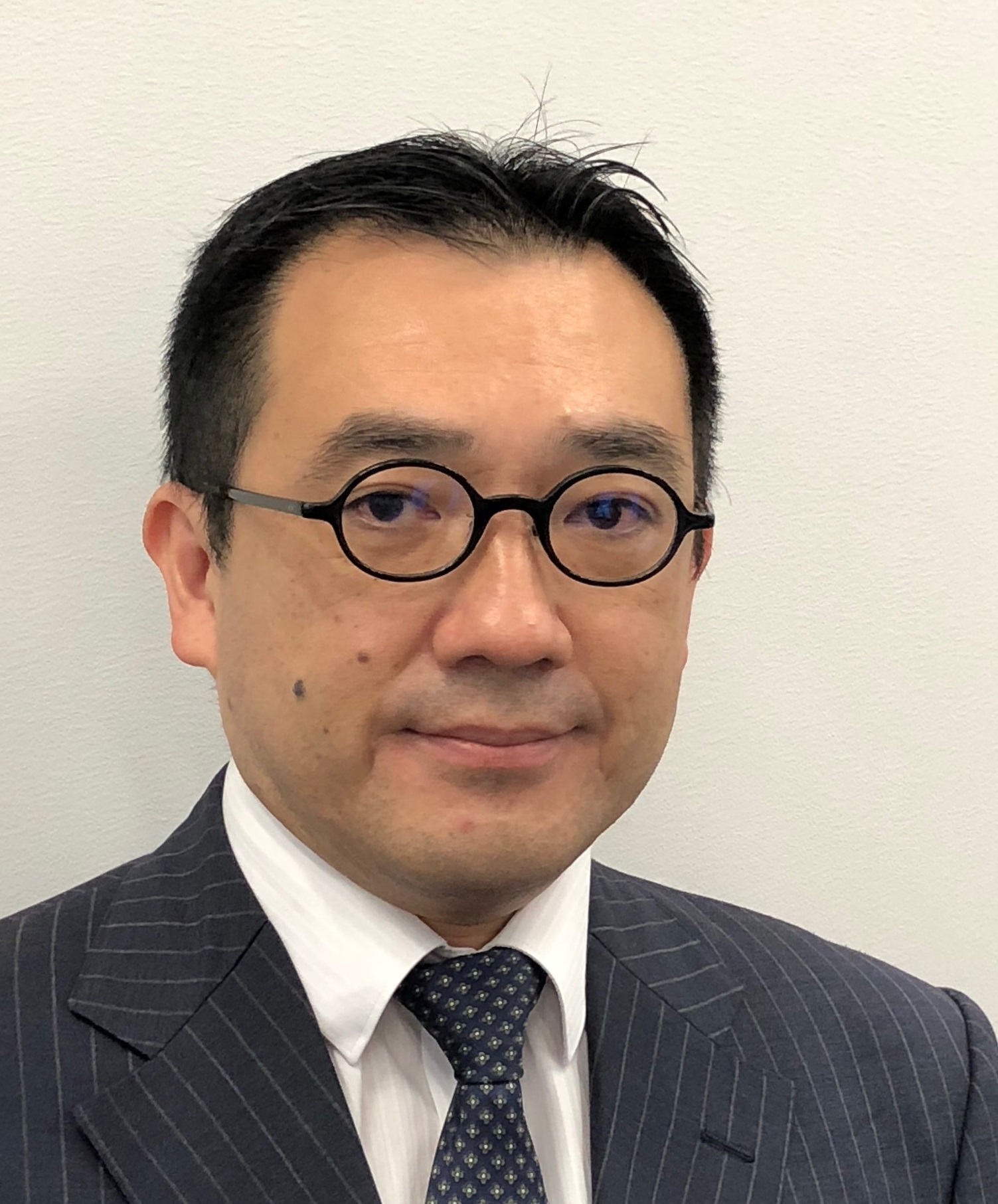
(2) 17:05 – 17:25 Data Ecosystem : The GAIA-X Vision and The Cooperation with Japan
Mr. Hubert Tardieu(Board member of GAIA-X AISBL, former chairman of the board of GAIA-X AISBL)

Last Year Professor Otto gave a presentation on “Principles of a trusted data infrastructure : German, European, and Japanese Perspectives”. Hubert Tardieu former Chairman of the Board of GAIA-X and currently Independent Board Member will present the achievements of the GAIA-X AISBL as well as describe the the proposal for cooperation with DATA-EX in Japan. He will also show how various European Associations( IDSA,GAIA-X,FIWARE,BDVA) ,some of them already present in Japan, are joining forces to boost the creation of Data Spaces in numerous domains : Manufacturing, Automotive, Health, Energy, Finance, Mobility …
(3) 17:25 – 17:45 DATA-EX: Cross-Domain Data Exchange Platform
Prof. Dr. Noboru Koshizuka(Professor, Interfaculty Initiative in Information Studies, The University of Tokyo)
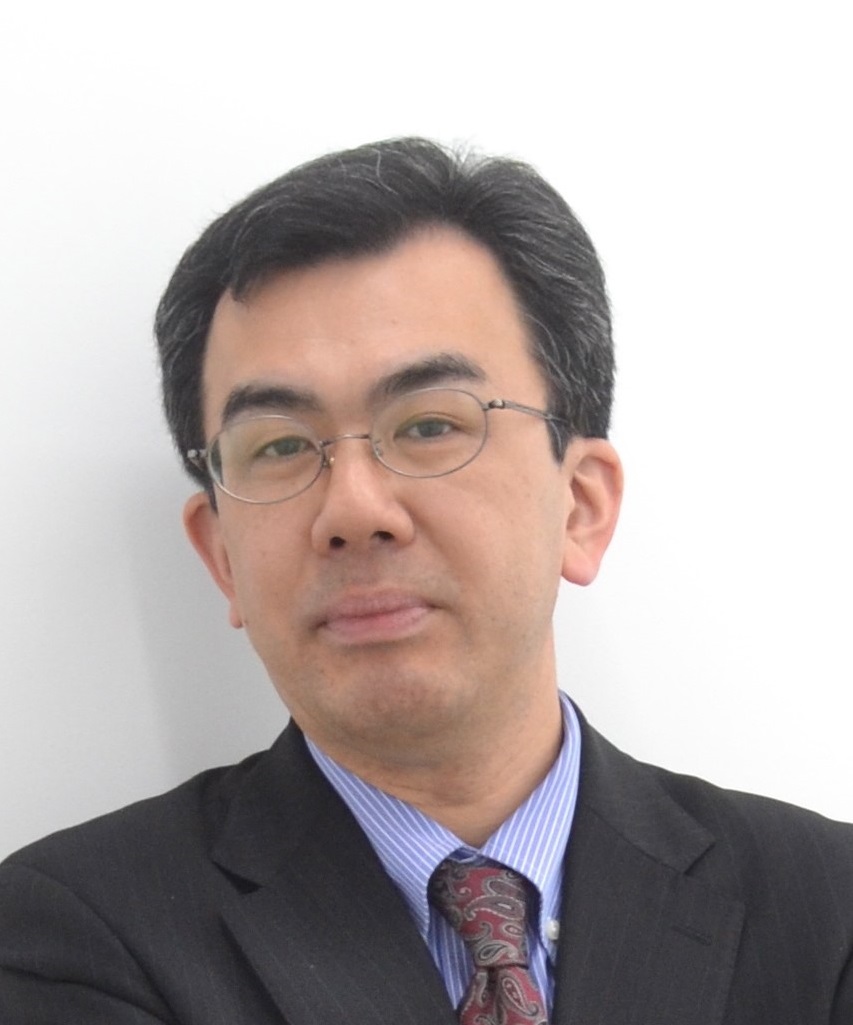
Examination of Japan’s data exchange platform has started. In this speech, Prof. Koshizuka will explain the mission, vision, functions, etc. of DATA-EX promoted by the Data Society Alliance, and also describe the data strategy in Japan.
(4) 17:45 – 18:05 International joint experiment for secure data sharing among companies toward decarbonized circular economy
Mr. Akira Sakaino (RRI SWG8 group leader / NTT Communications)
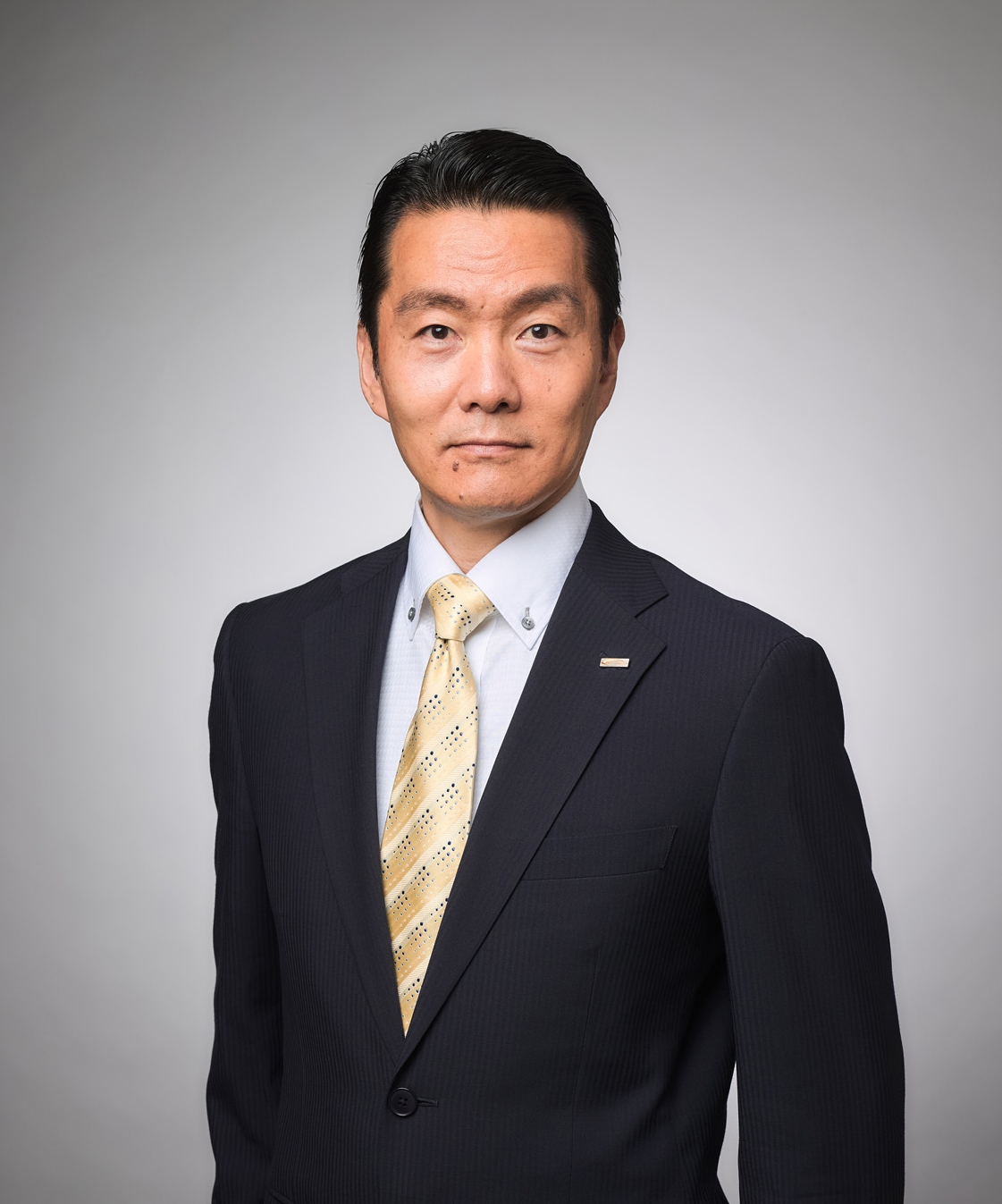
As climate change and marine pollution become more serious, all companies will be required by customers, shareholders and the government to disclose their CO2 and waste emissions data, which will inevitably have an impact on their business. As a sub-working group leader, NTT Communications worked with RRI members to define system requirements for the safe transfer of emissions data between companies in the manufacturing supply chain. We are planning interconnection experiments in which Japanese and European companies share those data securely. In this lecture, we introduce our activities and invite participants.
(5) 18:05 – 19:00 Panel Discussion
【Moderator】 Mr. Kei Fujinami
【Panelist】
Mr. Hubert Tardieu, Prof. Noboru Koshizuka, Mr. Akira Sakaino,
Mr. Yoshiaki Sonoda(Mitsubishi Heavy Industries)
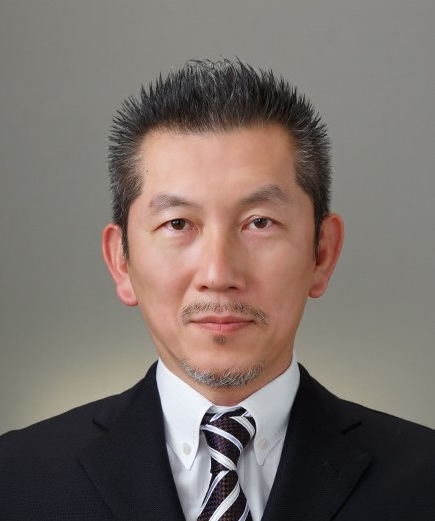
Mr. Kenji Hiramoto(Head of Strategy, Digital Agency, Government of Japan)
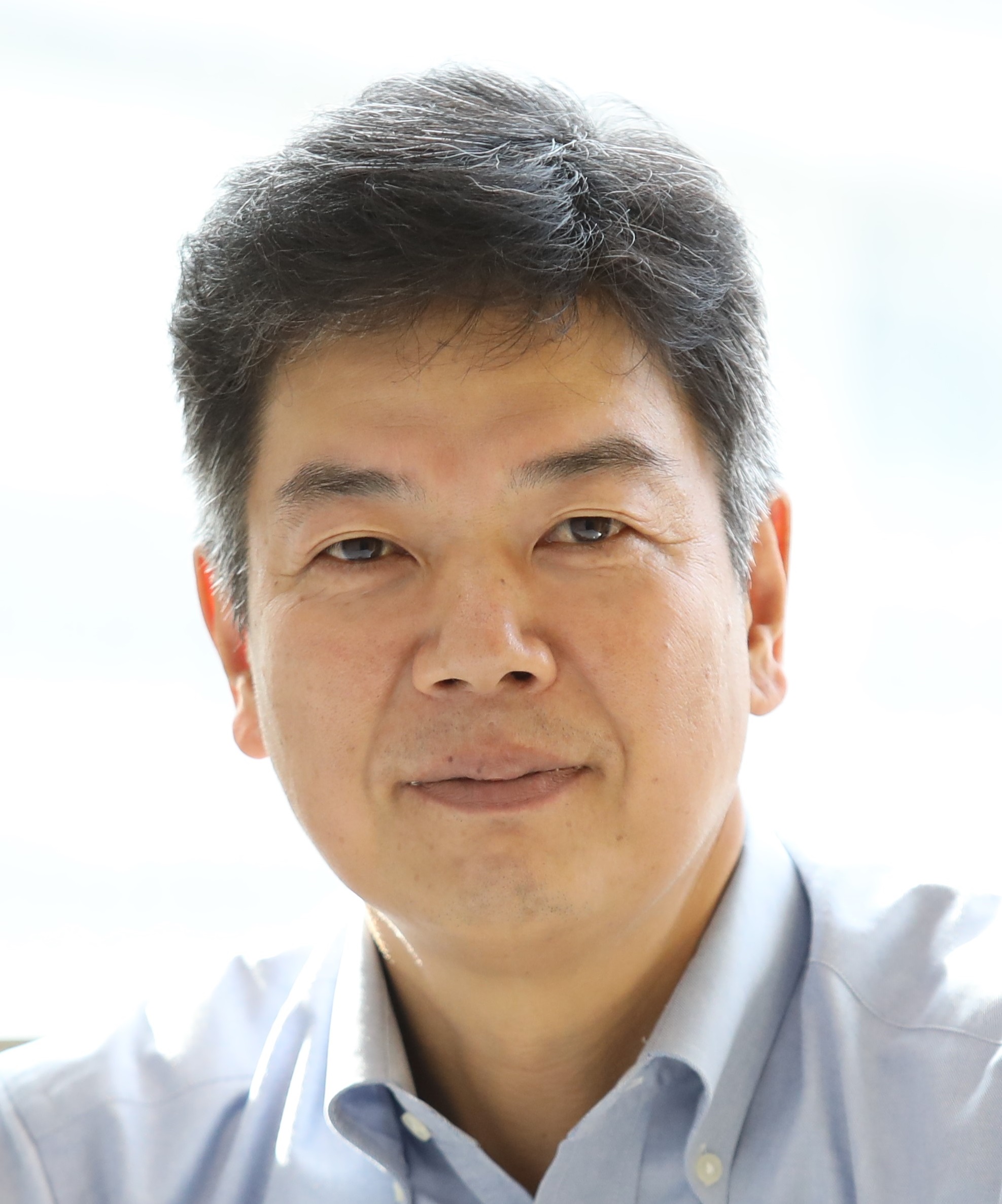
■October 15, 2021
[Day 4] Japan-Germany Expert Forum
(1) 17:00 – 17:05 Welcome address by METI
Ms. Masayo Tokuhiro(Director For Policy Planning and Coordination Division, Manufacturing Industries Bureau, Ministry of Economy, Trade and Industry)
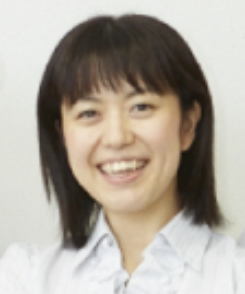
(2) 17:05 – 17:10 Welcome address by BMWi
Mr. Markus Heß(Deputy Director General, Federal Ministry for Economic Affairs and Energy)
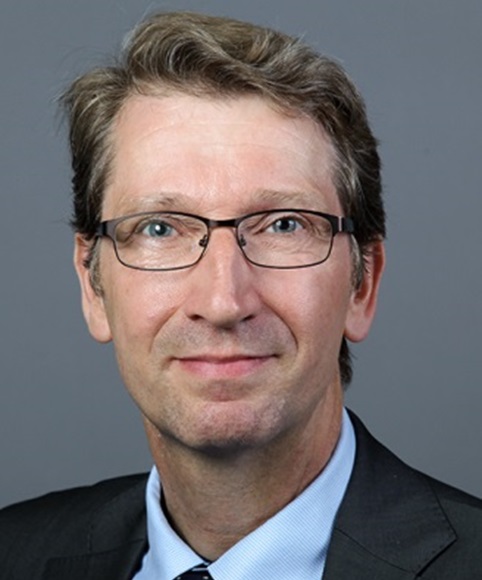
(3) 17:10 – 17:40 From “competition and collaboration“ era towards “Digital Business Ecosystem” era
Prof. Dr. Ulrich Löwen(Plattform Industrie 4.0 AG6 / Siemens AG)
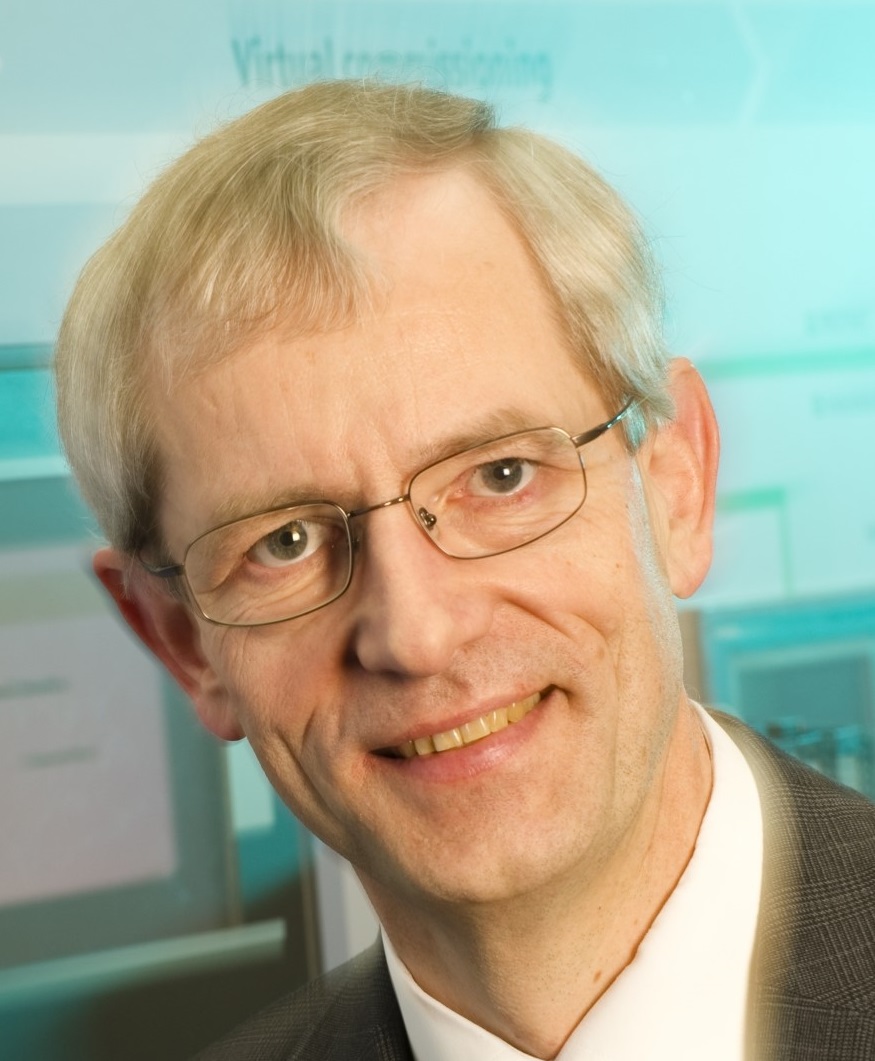
Mr. Naoaki Fujino(Leader of intelligence team, Robot Revolution & Industrial IoT Initiative / Chief Researcher, Digital Industrial Business Planning Department, Nomura Research Institute,Ltd.)
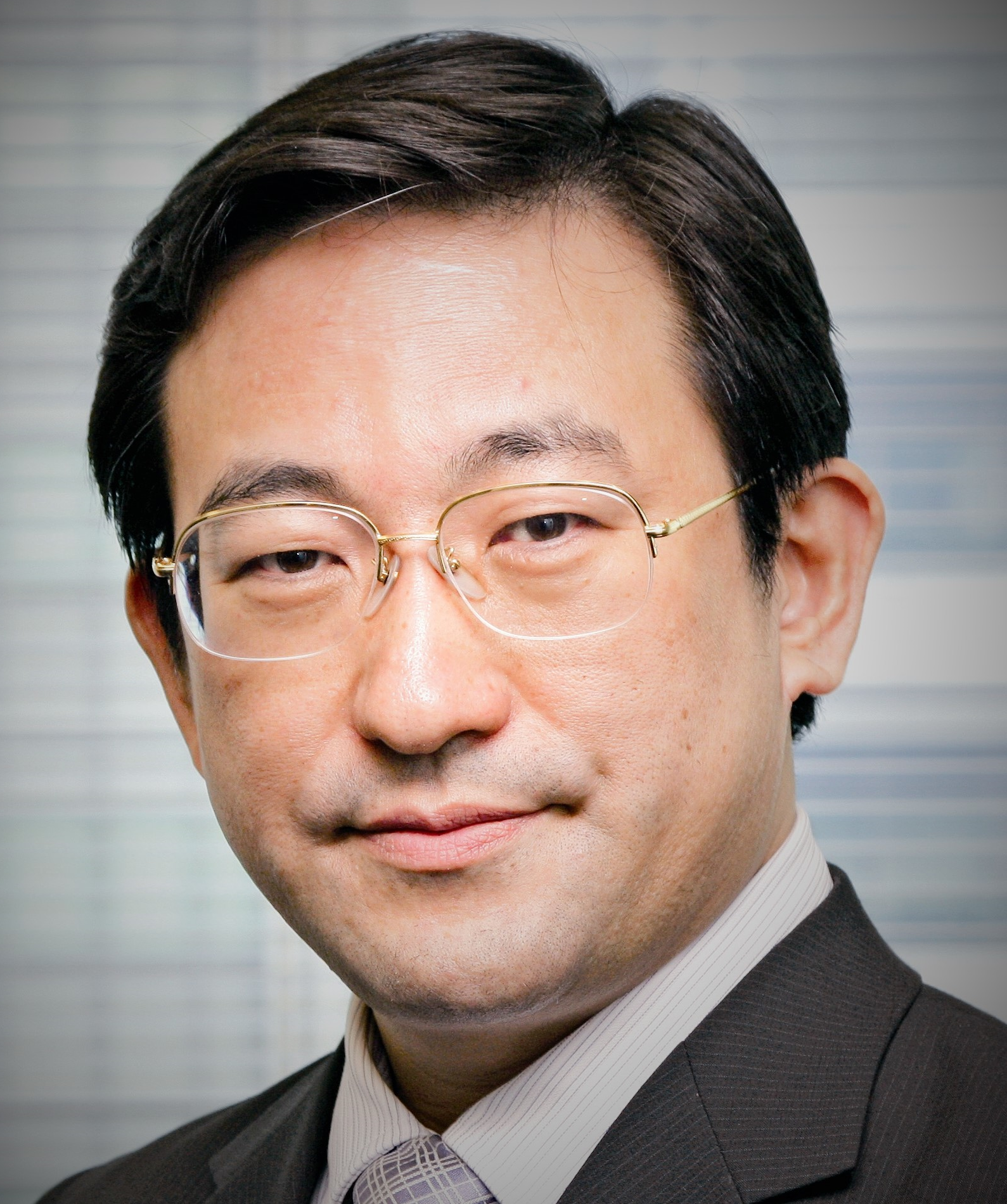
When we consider promoting business, the importance of “competition and collaboration” has been recognized as one of the key factors in the industry. Examples are “collaboration“ in “standardization”, and “competition” in products and services. Now, the movement of “Digital Business Ecosystem” is about to be added here. Why and how to build a digital ecosystem that includes participants will affect the value creation of industry. In the expert group, discussion is on-gong based on specific use cases. The session will introduce such study.
(4) 17:40 – 18:10 IIOT Value Chain Security – the Application of Trustworthiness Profile
Mr. Junya Fujita(Insustrial Cyber Security AG, RRI / Hitachi, Ltd.)
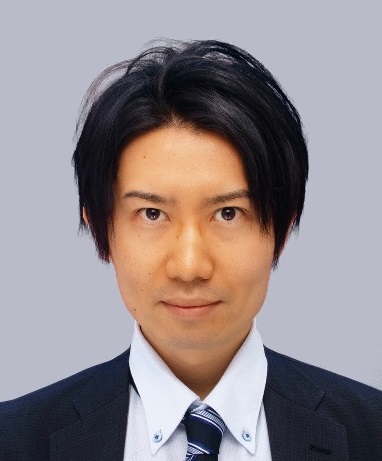
Ms. Aliza Maftun(Plattform Industrie 4.0 AG3 / Siemens AG)

PI4.0 and RRI have been discussing the goal of this activity, namely to foster trust in an increasingly digitized and interconnected economy. This session will demonstrate “the RRI Supply Chain Questionnaire Ver. 1.0”, which can be applied to the trustworthiness profile of the trustworthiness assurance mechanism. And this session will also present the idea of building a Chain-of-Trust by using trustworthiness profiles in the supply chain, which is under consideration by the German-Japanese expert group.
(5) 18:10 – 18:40 Review of standardization requirements in Edge Management
Dr. Andreas Graf Gatterburg (Labs Network Industrie 4.0 Testbed Edge Management / Hilscher Gesellschaft für Systemautomation mbH)
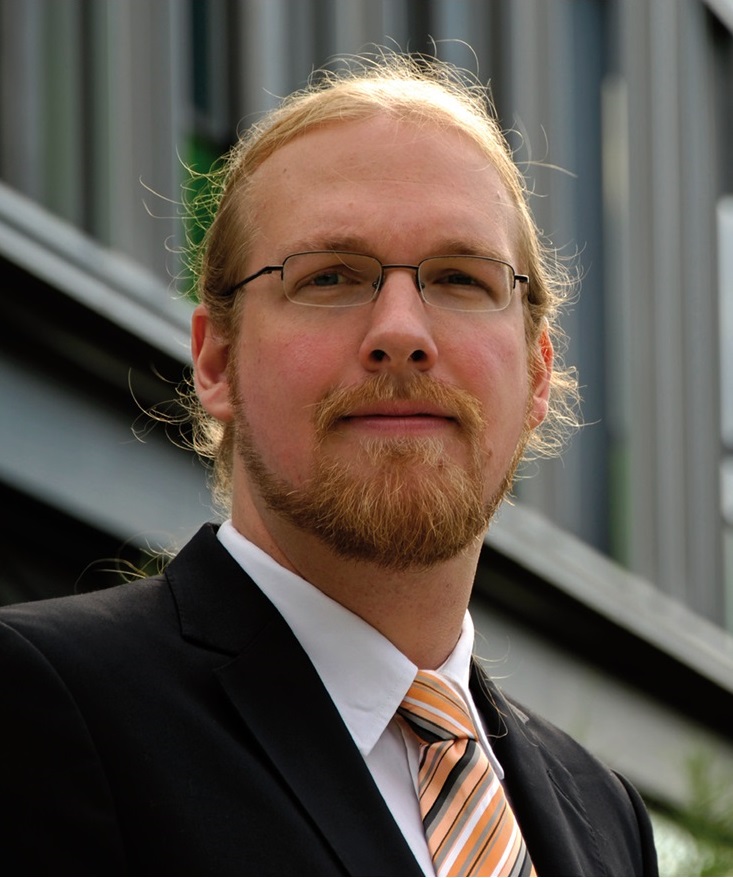
Mr. Shinji Oda(International Standard AG, RRI / CSO, Yokogawa Electric Corporation)
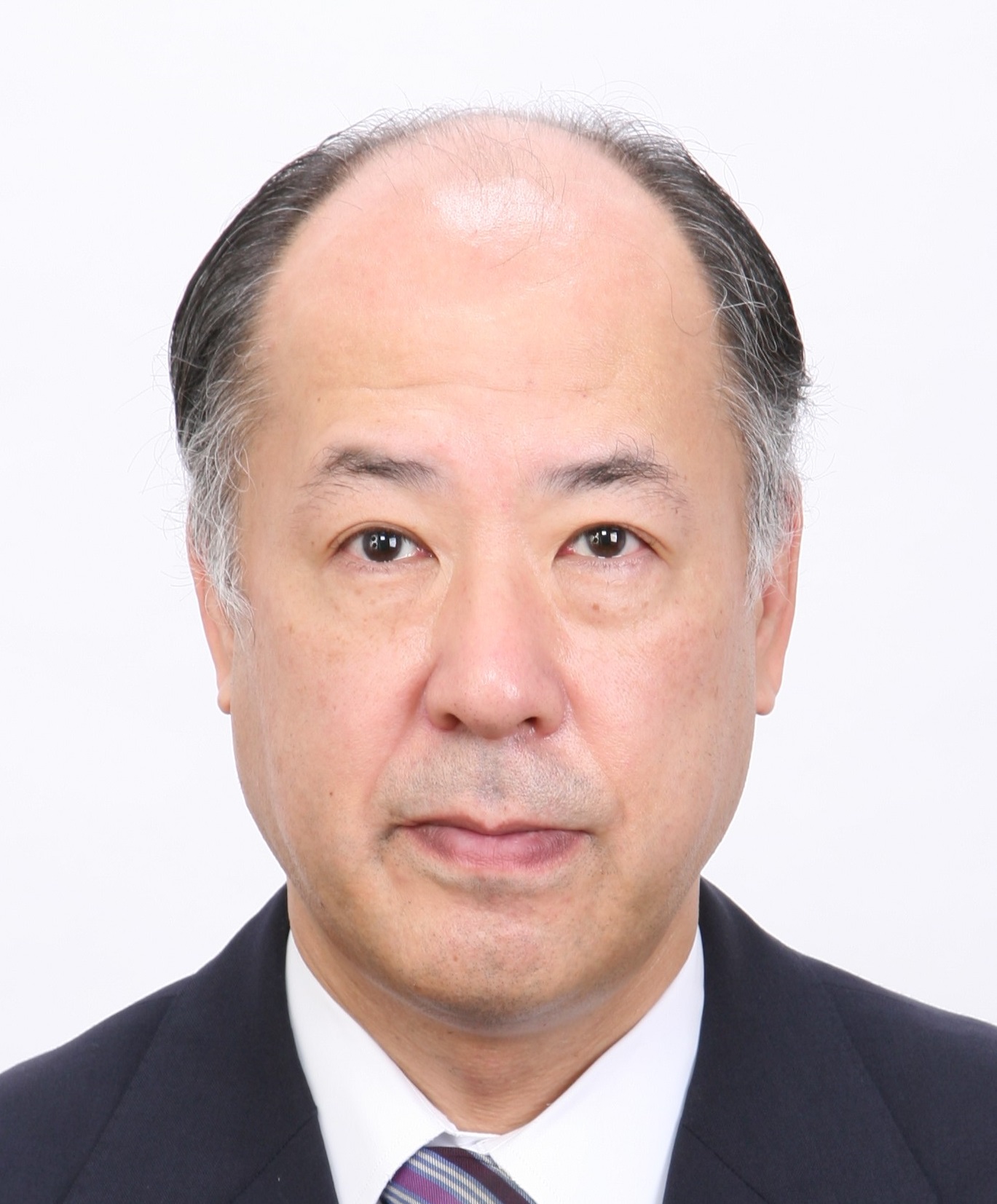
This year’s Japan-Germany Standardization Experts Meeting, which began in 2017, will give an interim report on Edge Management. In the field of manufacturing, the application of edge computing is advancing in various places. Edge computing offers many benefits such as agility at the edge, contribution to overall performance, and maintenance of data sovereignty, but at the same time, because it is a developing technology, the configuration capabilities differ depending on the edge device, and each vendor has different configuration capabilities. These different approaches lead to increasing complexity from the perspective of system integration, operation and maintenance. We will report on the progress of discussions between Japan and Germany on where these situations can be organized and standardized.
(6) 18:40 – 18:50 Japan and Germany – Market Opportunities in the Robotics & Automation Industries
Mr. Achim Hartig (Managing Director, Germany Trade & Invest)
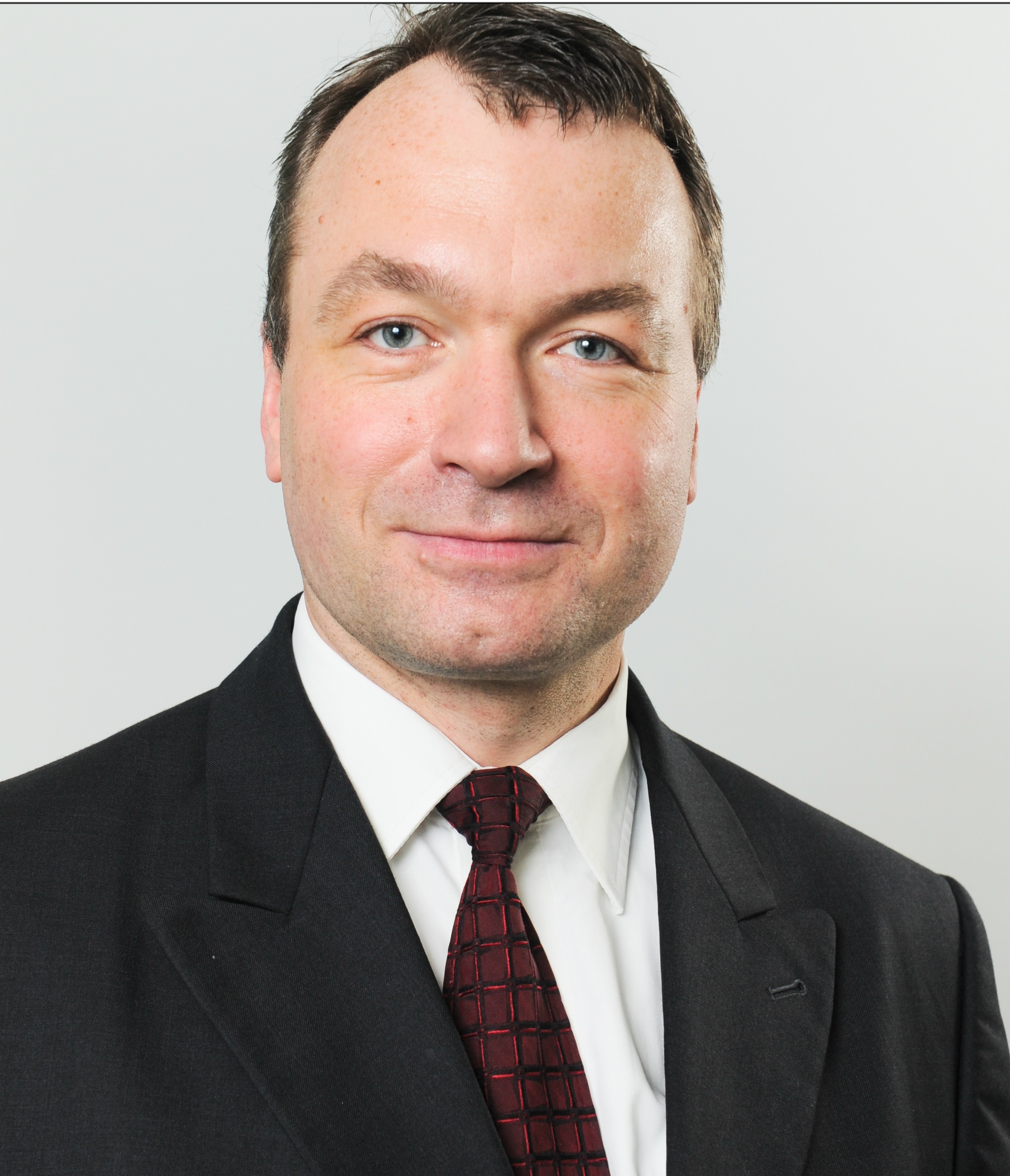
Innovative industry partnerships between the two nations – both in Japan and Germany – are playing a vital role in securing the two countries’ global technology leadership. Japanese and German companies already work in established R&D partnerships in Germany’s R&A cluster infrastructure. And German companies are similarly benefiting from Japan’s “Robotics Revolution” that is helping create new application and business models through the use of disruptive technologies.
Germany Trade & Invest, the economic development agency of the Federal Republic of Germany, provides support to Japanese companies seeking to enter the German market as well as German companies keen to expand their activities to the Japanese market. These activities help create beneficial synergy effects, allowing knowledge transfer and partnerships to be created that consolidate Japanese-German global innovation leadership in the R&A sector. Germany Trade & Invest also provides comprehensive services to support the economic activities of R&A companies in both countries.
(7) 18:50 – 19:00 Closing Remarks
Ms. Masayo Tokuhiro
Mr. Markus Heß
Mr. Michitaka Nakatomi(Management Secretary, Robot Revolution & Industrial IoT Initiative)
Contact information
Robot Revolution & Industrial IoT Initiative E-Mail: office@jmfrri.gr.jp

